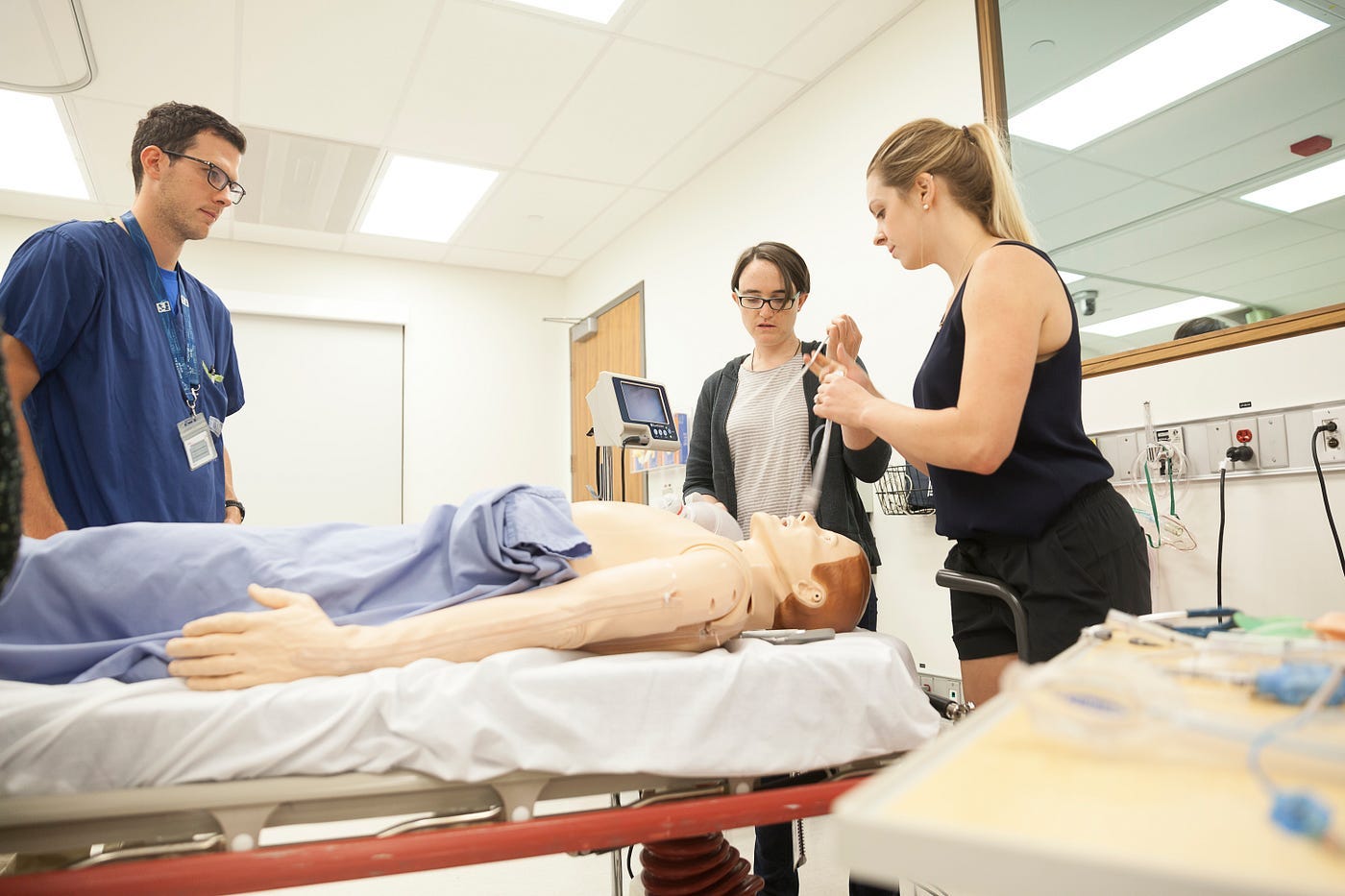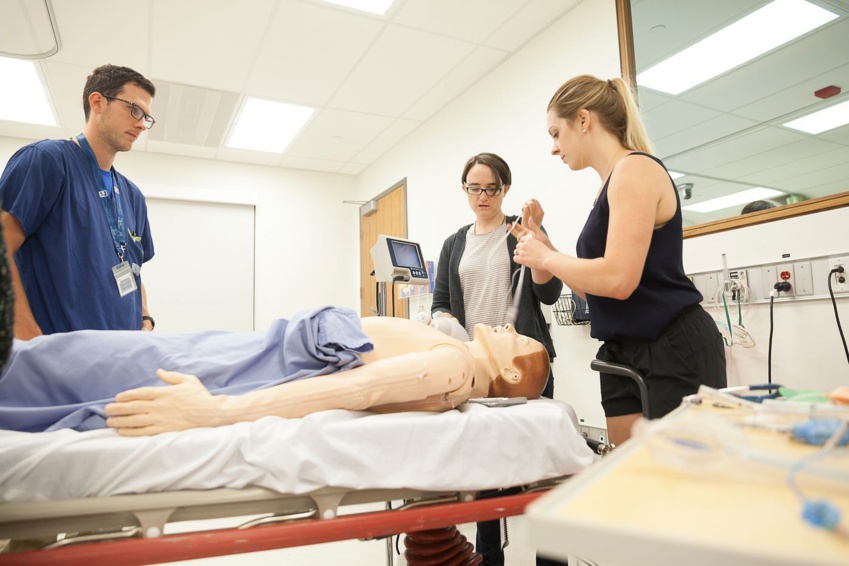Consider the excitement of being presented with an opportunity to spend a week abroad, engaging with new faces and supporting a nonprofit healthcare organization as part of your regular work routine. Last year, Boston Scientific introduced its pilot initiative, the Social Change Champions program, offering this exact chance to 12 of its employees. The primary goal? To assist healthcare organizations worldwide in overcoming operational challenges through the transfer of essential skills, rather than relying solely on sporadic financial or product donations.
Wendy Carruthers, the executive vice president of Human Resources at Boston Scientific, highlights the program's alignment with the company's focus on environmental, social, and governance (ESG) factors, its core values centered on compassion, and its efforts in promoting health equity. She emphasizes the program's dual purpose: making a sustainable impact while providing leadership development opportunities for employees.
As part of its Signature Health Grant initiative, Boston Scientific extends financial aid to enhance healthcare facilities in low- and middle-income countries. For the inaugural Social Change Champions program, the company collaborated with Socios en Salud (SES), a recent recipient of the Signature Health Grant. SES delivers healthcare services along with essential provisions like food, transportation, and housing to impoverished communities.
The mission for the selected twelve employees, hailing from North and Latin America and possessing diverse expertise in areas like marketing, design, data analysis, and public health, was to spend a week in Lima, Peru, engaging with SES personnel to comprehend the organization's major challenges. Future iterations of the program aim to involve employees from Boston Scientific's global sites.
Splitting into two teams, the Social Change Champions delved into specific tasks. One group focused on devising a growth strategy for SES to expand its healthcare services, attract more patients to its facilities, and undertake larger community projects. Analyn Esquivel, a senior Global Business Services Delivery Manager at Boston Scientific, noted the challenges SES faces in juggling patient care and administrative duties, stressing the significance of supporting their efforts.
The second group addressed the issue of providing vital HPV testing to individuals unable to visit clinics for screening, particularly critical due to the high prevalence of cervical cancer in Peru.
“The barriers are immense for some of these women to get to a clinic to get tested,” said Cole Gibas, a senior R&D manager at Boston Scientific.
He mentions that the SES clinic is situated downhill from local residences, making it difficult for many individuals to access due to the steep terrain and the financial inability to afford transportation.
Following their departure from Peru, the Social Change Champions reconvened virtually over nine weeks to formulate actionable plans for SES to implement post-program. Their recommendations centered on enhancing project management methodologies and clarifying employee responsibilities to streamline operations across the clinic, laboratory, and pharmacy, resulting in increased revenue.
Additionally, they developed bilingual FAQs in English and Spanish to educate women on the importance of cervical cancer screening. Collaborating with community health workers outside of SES, they facilitated HPV testing closer to women's homes, thereby broadening access to essential healthcare services.
Gibas remarks, "Enabling community health workers to conduct HPV tests expands the reach of healthcare services, benefiting a larger number of patients."
Reflecting on the program's conclusion in late 2023, Dr. Santiago Palomino, head of SES's Non-Communicable Diseases and Cancer program, acknowledges the profound impact of the Social Change Champions. He praises their efforts, stating, "They provided invaluable support. My program now possesses the tools to enhance cervical cancer detection processes. As a physician and program manager, I've also learned valuable lessons on driving change and clarifying objectives."
The employees from Boston Scientific who participated in the pilot program were similarly transformed by their experiences.
“I cannot tell you enough how many lessons I learned, including compassion,” says Esquivel. “When we first visited SES, it was shocking to many of us to understand the conditions in which people lived. It was a reality slap. But we kept on going, working together. I’m a better person because of this program.”
“We were all thrown into a very challenging situation. We had to start from scratch and in the end, we needed every single perspective. We relied on that diversity of thought and opinion and it all worked out in the end,” said Gibas.


 Boosting Healthcare Access: Boston Scientific's Social Change Champions Make Impact in Peru
Boosting Healthcare Access: Boston Scientific's Social Change Champions Make Impact in Peru





 Companies
Companies